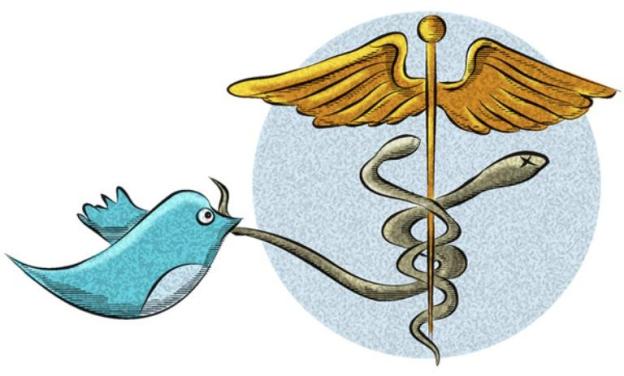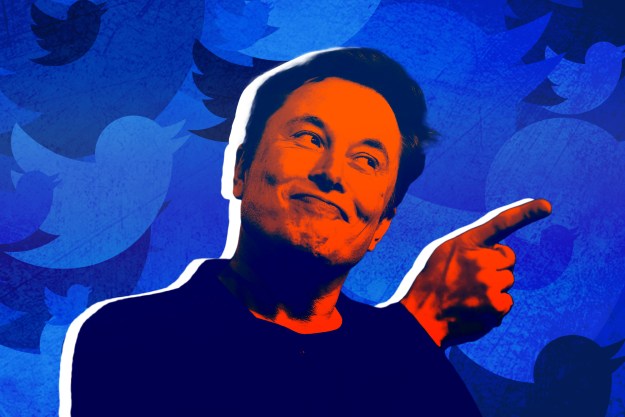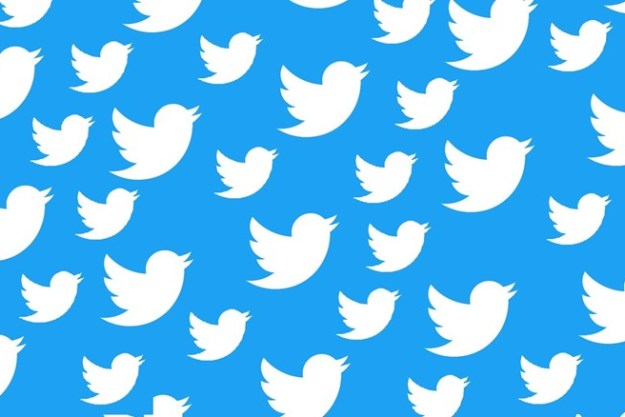 Vaccines have quelled devastating outbreaks of disease and saved untold lives, but they’re also a controversial topic because some people believe they’re dangerous. High-profile dissenters like actress Jenny McCarthy have linked vaccinations to autism, sparking a backlash against the extremely important public health measure – even though this theory has been thoroughly debunked.
Vaccines have quelled devastating outbreaks of disease and saved untold lives, but they’re also a controversial topic because some people believe they’re dangerous. High-profile dissenters like actress Jenny McCarthy have linked vaccinations to autism, sparking a backlash against the extremely important public health measure – even though this theory has been thoroughly debunked.
Although people who believe vaccines are harmful have gained publicity over the past few years, their viewpoint counters the vast majority of the medical community. And Twitter can provide a platform for outspoken opponents of vaccination, like this:
I think EVERYONE already knows that VACCINES are the Main Cause of AUTISM…The MERCURY(A Deadly Neurotoxin )… fb.me/Ovt8AvbY
— VikkiTaylorCummings (@Earth_Patriot) June 5, 2013
What people say on Twitter about vaccinations matters: Research from the University of Texas suggests that Twitter is a major source of information about vaccination. A study published in the American Journal of Infection Control found that the people who were talking about vaccines were more likely to be endorsing them than suggesting they were problematic, although debate did occur. “Overall, 33 percent of the 2,580 tweets were positive regarding vaccines, 54 percent were neutral, and 13 percent were negative. The positive tweets tended to be vaccine promotion messages or comments on effectiveness, and the neutral ones concerned sharing immunization experiences. Negative tweets often consisted of claims about alleged dangers.”
It’s a good thing that most of the vaccine-related tweets are positive, since that may help offset some of the unnecessary panic about vaccination induced by uninformed anti-vaccine activists.
The paper referenced the fact that Twitter’s users are more likely to substantiate their pro-vaccine information, whereas YouTube anti-vaccine camapaigns tend to lack factual medical support. “One-third of tweets were supportive of immunization and promoted substantiated information, particularly relating to common vaccinations. These findings run counter to other YouTube-focused research on vaccines reporting almost half of content as ambivalent toward vaccination and often in conflict with reference standards.” You can easily find some of these videos with a simple YouTube search.
So overall, people who are talking about vaccines on Twitter tend to use their 140 character space with more of a mind towards the facts than many of the people using scare tactics on YouTube.
This most recent study advised clinicians to prepare for questions their patients have about vaccines based on what they see on social media, but it didn’t draw any conclusions on whether what people see on social media is directly impacting how many people get vaccinated. However, an older study published in 2011 by Penn State’s Center for Infectious Disease Dynamics observed Twitter and found that social networks do have an impact on how many people get vaccinated. The study found that clusters of people with negative opinions can cause their fears to spread to others – which in turn causes spikes in certain viruses.
This is likely partially due to the timing: There was significant hype around the anti-vaccine movement in 2011, and reform has come quickly. Still, it’s just another example of Twitter’s power over the masses – and another motivator to research what you tweet.
Editors' Recommendations
- X (formerly Twitter) returns after global outage
- Twitter officially ditches the blue bird as it rebrands as X
- The 10 big ways that Threads is totally different from Twitter
- Twitter ‘melts’ as it becomes first social app to launch a presidential bid
- Look out, Twitter Circle is exposing private tweets


